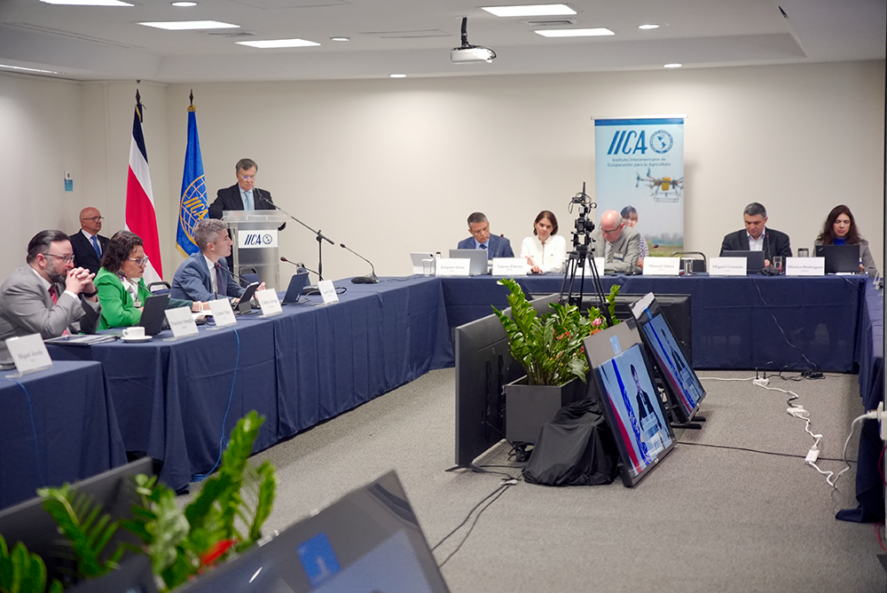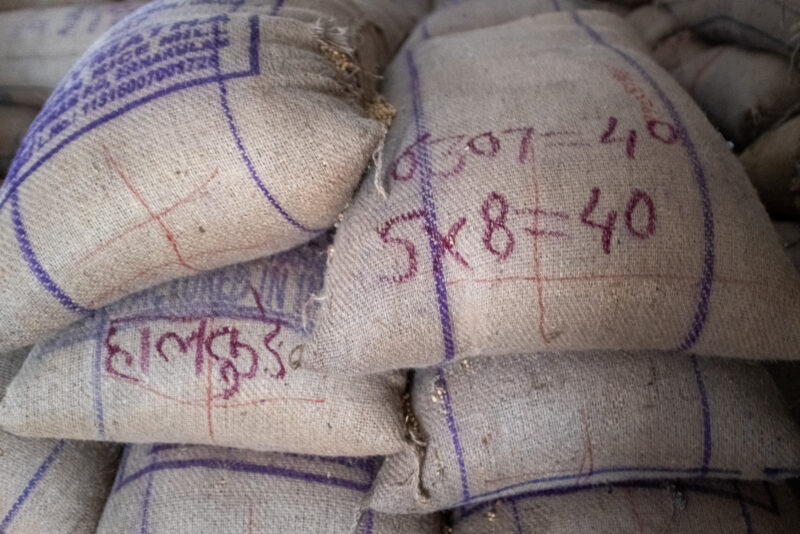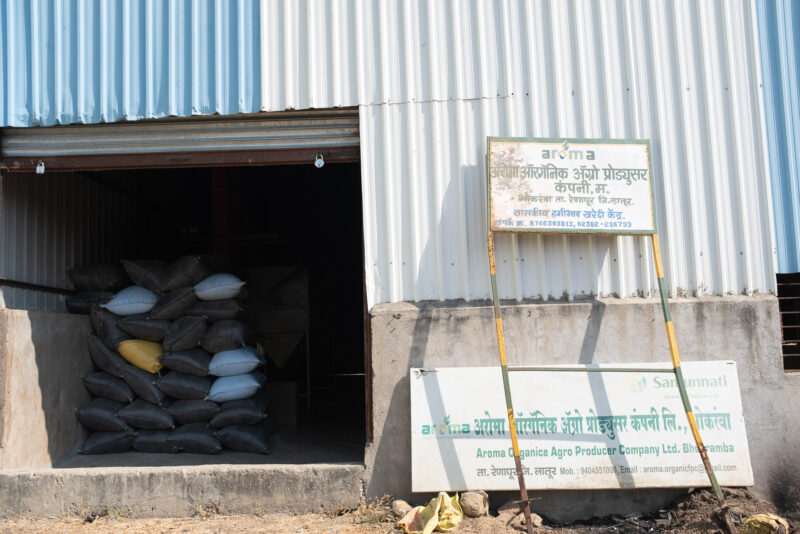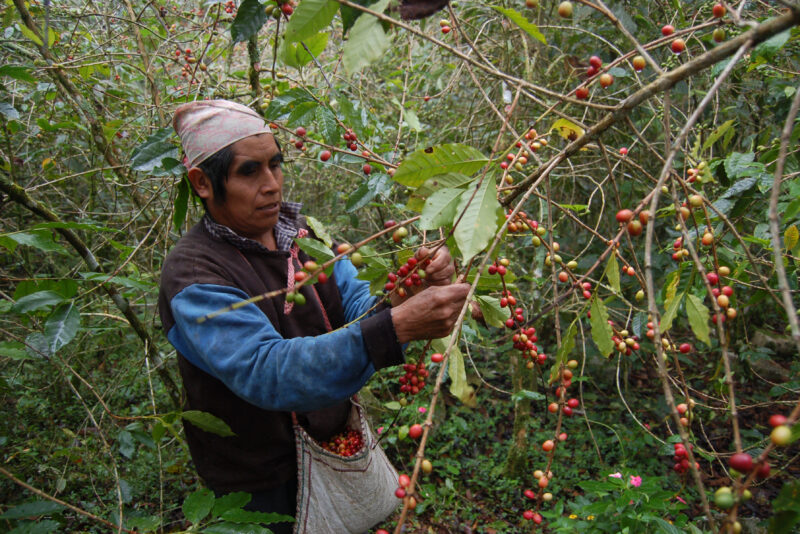Notes From a Hemispheric Workshop on ‘The Transition to a New Generation of Agrifood Systems Policies’

On December 4–5, 2024, the Observatory of Public Policies for Agrifood Systems (OPSAa) held a hemispheric workshop on “The Transition to a New Generation of Agrifood Systems Policies” at the Inter-American Institute for Cooperation on Agriculture (IICA) headquarters in Costa Rica. The objective of the workshop was to “strengthen regional cooperation to develop strategies to address current and future agrifood system challenges in the Americas,” and to develop a collaborative roadmap toward a new generation of public policies aimed at transforming the region’s agrifood systems. Agrifood systems refer to the interaction of all actors that participate and affect directly or indirectly the production, processing, distribution, regulation and final use of foods.
The workshop was co-sponsored by the IICA, Inter American Development Bank, the World Bank, the Development Bank of Latin America and the Caribbean, the International Center for Tropical Agriculture, the Economic Commission for Latin America and the Caribbean, the Food and Agriculture Organization of the United Nations and the International Food Policy Research Institute. Participants included Latin American and Caribbean policymakers responsible for the design and evaluation of agricultural and food policies, experts from international organizations, and representatives from the private sector and academia.
Two universities participated in the workshop: the University of the Republic of Uruguay and Cornell University. Representing Cornell University and the Tata-Cornell Institute, I participated in a panel on “Collective Strategies Towards a New Generation of Public Policies,” with a focus on the role of actors in agrifood systems. Some of the takeaways from my presentation were the following:
- Agrifood systems are becoming increasingly complex. New actors will become essential in the new generation of agrifood systems, particularly in the area of sustainability, such as carbon estimation of different systems of food value chains, carbon certification and the development of carbon credit markets, as well as animal and public health monitoring and response, among others.
- Agrifood systems policies must rely on evidence. This is particularly relevant in areas where there is a preconception or misconception of a system or process, and in topics that are politically sensitive. Evidence should originate from reputable sources, including but not limited to research institutions, international organizations, nongovernmental organizations and government agencies. Research-based evidence must be available to specialists and the general public in order to minimize misinformation and the resulting potential aversion to policy change.
- The new generation of public policies will require stronger multidisciplinary and institutional collaboration. Stronger collaborations between international and local research institutions are essential for developing multidisciplinary research teams to identify and solve local and regional problems. For instance, sustainable food production and distribution is not exclusive of a single discipline; it is both a multidisciplinary endeavor and an interregional one, especially when viewed from a global perspective.
- We should look at the whole agrifood system—from production to distribution to consumption—when designing policies. Studies on food-carbon mitigation, for instance, mostly focus on production and less so on distribution and consumer behavior. Agricultural product prices, although an important piece in coordinating production, have not received much attention in Latin America and the Caribbean. The dissemination of market information, including prices and supply (expected and available), is inefficient or difficult to obtain in many countries in Latin America and the Caribbean. With inefficient agricultural supply estimates and price dissemination, market coordination among actors becomes difficult and market-based price hedging mechanisms become expensive or non-existent.
- Farmer producer organizations (FPOs) will play a larger role in the new generation of agrifood system policies. FPOs have the potential to minimize the implementation costs of new technologies and policies while reaching and ultimately benefiting many producers efficiently.
The successful transition to a new generation of agrifood policies requires coordination and support among all stakeholders of the agrifood system. Large research institutions, like Cornell, have an important role in supporting the development of evidence-based policies efficiently and transparently while improving the capacities of local institutions.
Leslie Verteramo Chiu is a research economist at the Tata-Cornell Institute.
Featured image: Attendees at the OPSAa workshop in Costa Rica included Latin American and Caribbean policymakers, experts from international organizations, and representatives from the private sector and academia. (Photo provided)





